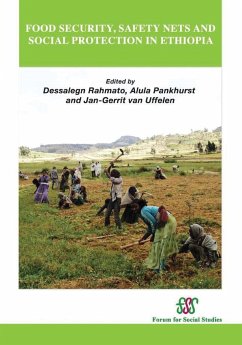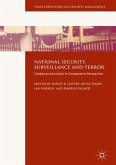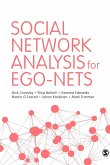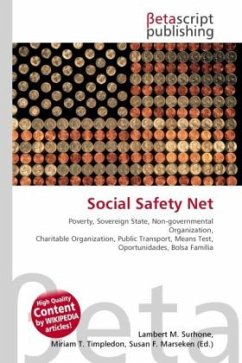Hunger and food shortages have been endemic in rural Ethiopia for countless generations; nevertheless, it was not until the mid-1970s, following the fall of the imperial regime and its replacement by the military government, the Derg, that food security became a concern in public policy discourse, and a variety of program initiatives were put in place to tackle the problem. Since then there has been increased awareness of the complex causes of food shortages and a growing determination on the part of decision-makers to bring to an end the blight of hunger and malnutrition that has been so much a part of the daily lives of millions of poor and vulnerable people in the country. This book stems from the LEAFS (Linking Emergency Assistance with Food Security) project initiated in 2007 as a collaborative project between Wageningen University Disaster Studies Department and Bahir Dar University Department of Disaster Risk Management and Sustainable Development. The project sought to understand linkages between the global and local levels in food security policy and practice, and included local level research by PhD students in two weredas of Amhara Region. This resultant volume this brings together a wide diversity of research works, many of which were specifically commissioned, looking at the effects of food security interventions broadly, and the PSNP in particular, on individuals households, communities, regions and the country as a whole, providing a springboard for wider public debate and reflection.
Hinweis: Dieser Artikel kann nur an eine deutsche Lieferadresse ausgeliefert werden.
Hinweis: Dieser Artikel kann nur an eine deutsche Lieferadresse ausgeliefert werden.








